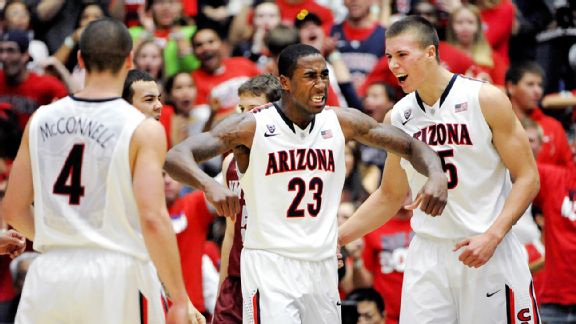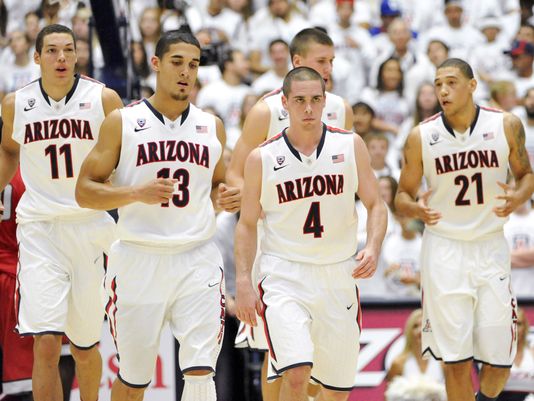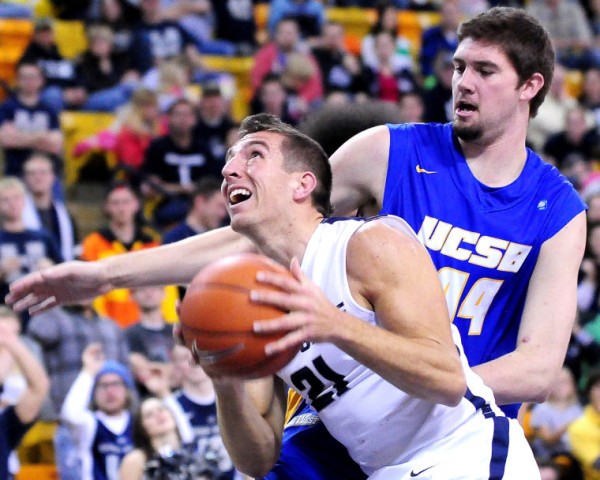Breaking Down The Unbalanced Pac-12 Conference Schedules
Posted by Andrew Murawa (@AMurawa) on January 2nd, 2014Back in the old days of the Pac-10, comparing the different conference schedules of league teams was largely an academic affair; with an 18-game balanced schedule, each team played every other team in the league both home and away. But with Utah and Colorado now on board, we’re in the era of the unbalanced schedule. Each team in the league still has a travel partner (UCLA and USC, Cal and Stanford, Colorado and Utah, the Arizona schools, the Oregon schools, and the Washington schools), so, for instance, when Arizona goes on the road to play California and Stanford, Arizona State does the same in reverse order. The only difference is that, now in unbalanced schedule land, each set of traveling partners skips a trip to one other set of travel partners and loses a visit from another pair as well. Below we’ll take a look at who skips whom, who gets the benefit of the unbalanced schedule this year, and whatever other little nuggets we can find in the conference slate as we get started tonight.
The Arizona schools
- Road trip skipped: The Washington schools
- Homestand skipped: The Los Angeles schools

Arizona Shouldn’t Be All That Pumped About Skipping The Washington Road Trip. (Casey Sapio, USA Today)
In one form or another, Washington and Washington State are consistently regarded as two of the three worst teams in the conference this season (and, honestly, usually the worst two). In other words, missing out on a couple of dates with the Huskies and the Cougars is not necessarily a good thing when it comes to conference standings. Consider that a strike against Arizona, a team that figures to be very much in the hunt for the conference championship. On the other side of the coin, however, skipping those two will give Arizona State a couple more shots against higher RPI squads, and given that the Sun Devils figure to be bubblicious come March, trading out the two Pacific Northwest RPI killers may come in handy. One other note in favor of the Sun Devils is that they’re possibly in line to benefit from traveling with the Wildcats. Arizona is going to get everybody’s best shot this year, especially as long as they remain atop the national standings, meaning ASU could be a trap game on a regular basis. Imagine, for instance, Oregon hosting Arizona on February 6 — win or lose that night, the Ducks could be in for a serious letdown two days later when they host Jahii Carson and his Sun Devils.
















































